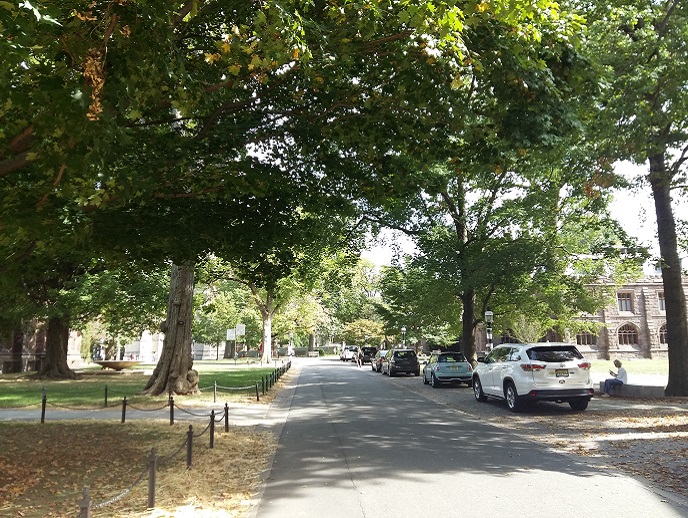Novel models and mathematical approaches for better green spaces and ecosystems in cities
In the coming decades, redevelopment, densification, population increases, demographic shifts and climate change will all impact the production and consumption of urban ecosystem services – the direct and indirect benefits humans get from the natural environment. Examples of such ecosystems include providing food, wildlife habitat and crop pollination, improving water quality, soil formation and temperature regulation, mitigating erosion and floods, as well as supporting a wide variety of cultural gains, aesthetic values and recreational opportunities. Dynamic interplay between people, water and ecological systems “Development decisions made without considering these benefits run the risk of inadvertently damaging the systems and rendering impossible the supply of value,” says Prof. Pierluigi Claps, coordinator of the EU-funded ECO.G.U.S. project. Of all the ecosystem services, the project focused on green urban spaces (GUSs). “We consider GUSs like street trees, parks and gardens, as well as constructed wetlands, green walls and roofs as fundamental components of urban water, energy and nutrient cycles and key resources for building sustainable, resilient and adaptive urban systems.” Work began by performing a strengths, weaknesses, opportunities and threats analysis of GUS typologies. This involved urban water cycle components, including biophysical, structural and social factors. Multidisciplinary perspective to make cities more sustainable and resilient The ECO.G.U.S. team developed scientific tools to quantify GUSs’ sustainability and their benefits as ecosystem services. These tools will generate guidelines and best management practices to improve GUS quality and quantity and current environmental governance procedures. GUSs have been recognised as a major source of ecosystem services whose quantification requires the determination of quantities associated with energy, water, carbon and soil nutrient content. To quantify ecosystem services provided by GUSs, project partners adapted a dynamical stochastic ecohydrological model to the urban context at the single-tree scale. The model can be used to estimate the potential for ecosystem services like tree cooling effects, soil carbon sequestration or storm water management. They applied the dynamical system theory to the problem of urban water management in GUS management. The result is a formal and stylised mathematical model that’s able to capture the complex interaction between the presence of green infrastructures, their provision of ecosystem services, and the population that enjoys and benefits from them. ECO.G.U.S. represents one of the first applications of the stochastic ecohydrological approach and of the optimal stochastic control to an urban setting aimed at dealing with the shocks and surprises resulting from climate change. Lastly, researchers defined new guidelines for GUS management and laid the foundation for the first EU-wide research group in urban ecohydrology. Prof. Roberto Revelli, a Marie-Curie Sklodowska fellow who collaborated with Prof. Claps, adds that ECO.G.U.S. is “firmly rooted in European policy objectives and the United Nations’ Millennium Ecosystem Assessment.” The latter evaluates the consequences of ecosystem change on human well-being. “Environmental infrastructures must increase their resilience, and management is faced with important challenges caused by a world that’s constantly changing in an environmental, economic and social sense,” he concludes. “This is why we need tools that are able to understand the future implications of present-day choices.” ECO.G.U.S. research was undertaken with the support of the Marie Curie programme.
Keywords
ECO.G.U.S., urban, GUS, ecosystem services, cities, ecohydrological, ecosystems, water management



